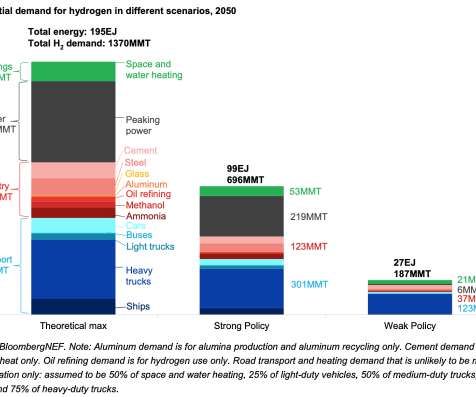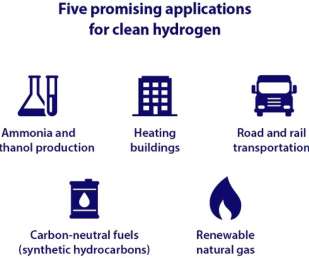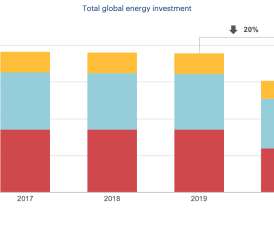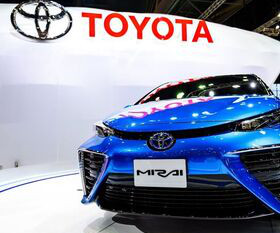Harvard team finds large-scale US wind power would cause warming that would take roughly a century to offset
Green Car Congress
OCTOBER 5, 2018
All large-scale energy systems have environmental impacts, and the ability to compare the impacts of renewable energy sources is an important step in planning a future without coal or gas power. In the journal Joule , Harvard researchers report the most accurate modelling yet of how increasing wind power would affect climate.







































Let's personalize your content